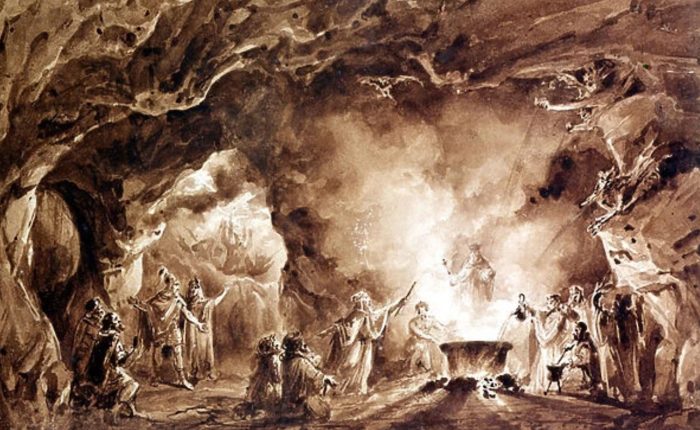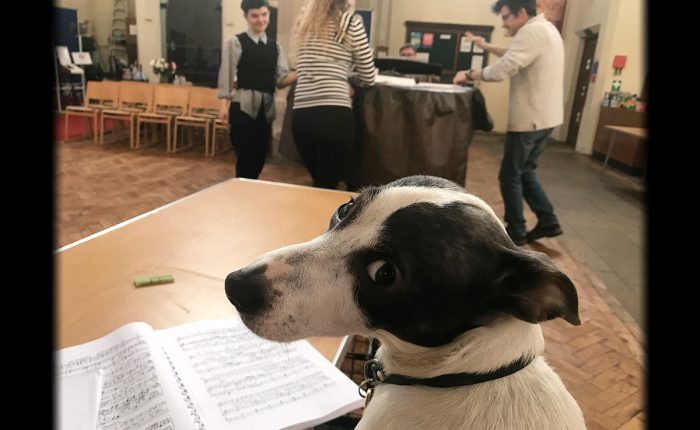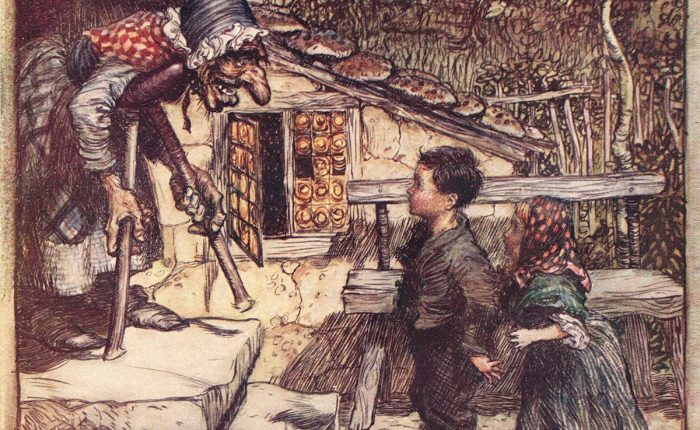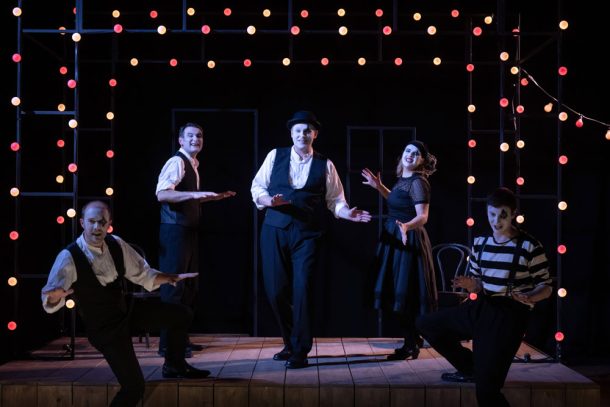…an opera which allegedly needs no introduction…
It’s a tough job to introduce an opera which needs no introduction, so we’ll leave that task to our Music Director Jonathan Lyness, a lifelong Figaro fan – and suffice to say Mozart’s music for the opera was included in his wedding.
“If someone said to me “I’d like to see just one opera in my entire lifetime – which should it be?” I’d probably dither for around 5 seconds and then say “Mozart’s The Marriage of Figaro”. It’s true – other operas may be more romantic, or funnier, or longer, or shorter; have bigger orchestras, and gutsier heroes; have more death and destruction or else a healthier dose of good old-fashioned opera histrionics.
What marks out The Marriage of Figaro is the way it depicts human beings for what they really are – their strengths and frailties, their beliefs and vulnerabilities, their confusion, their jealousy and their comedy. For anyone who’s ever thought “what is it that makes us human”, The Marriage of Figaro delivers universal truths clearly, brilliantly and magically way beyond any other opera. There isn’t a note from start to finish that shouldn’t be there, nor any note missing that should be there. It was so ahead of its time in 1786 that it continues today to be absolutely ‘on the money’ and leaves us all staring in disbelief at the stage thinking “that’s me – what I’m seeing and hearing right this minute – that’s me!”.
The Marriage of Figaro – absolute perfection and absolutely unmissable
A bit of background
![Lorenzo da Ponte (Michele Pekenino (engraver, 19th century) after Nathaniel Rogers (American, 1788-1844) [Public domain])](https://upload.wikimedia.org/wikipedia/commons/thumb/8/85/Lorenzo_da_Ponte.jpg/512px-Lorenzo_da_Ponte.jpg)
The Marriage of Figaro was no less controversial in its day. It was based on Pierre Beaumarchais’ play of the same name, which had been banned in Mozart’s hometown of Vienna because of its anti-aristocratic stance. The story of love and revenge, disguise and sexual powerplays which allows servants to triumph over their masters and women to manipulate men still resonates with audiences today. The opera was an instant success in Vienna and later in Prague, and remains one of opera’s best loved works with arias such as ‘Dove sono’, ‘Voi che sapete’ and ‘Non piu andre’ regularly appearing among the top ten of popular operatic arias in public votes.
A bit of the story
The Marriage of Figaro continues the plot of Beaumarchais’ earlier play The Barber of Seville. Several years have passed and The Marriage of Figaro is based on a single day of madness in the palace of Count Almaviva in Seville, Spain. Rosina is now the Countess and Dr Bartolo is plotting revenge against Figaro for preventing him from marrying Rosina himself.
Count Almaviva’s romantic youthful life is behind him and he is now a powerful bully, bent on exercising his ‘droit du seigneur’ to sleep with the Countess’ maid Susanna on the night of her wedding to his servant Figaro. The stage is set for a day of plot and counterplot, twisting and turning as Figaro, the Countess and Susanna plan to embarrass the Count and expose his plans, and the Count plots to force Figaro to marry a woman old enough to be his mother.
Introducing our own production
With a complex plot like The Marriage of Figaro to keep up with, our new production will focus on telling the story, sung in English and directed with MWO’s signature clarity and wit. We’re using Amanda Holden’s excellent English translation, full of ‘uninhibited mirth’ and Jonathan Lyness’s own orchestration performed by our orchestra partners Ensemble Cymru. The set’s still very much a state secret, but suffice to say it will provide a stunning backdrop against which the story can unfold – and with more than a nod to both our rural roots and the context of Mozart’s original work.
Our new Figaro really will be a labour of love, so whether you’ve known and loved it all your life or have never seen an opera and might, as Jon says, like to see just one to give it a go, please join us on tour this Spring.




